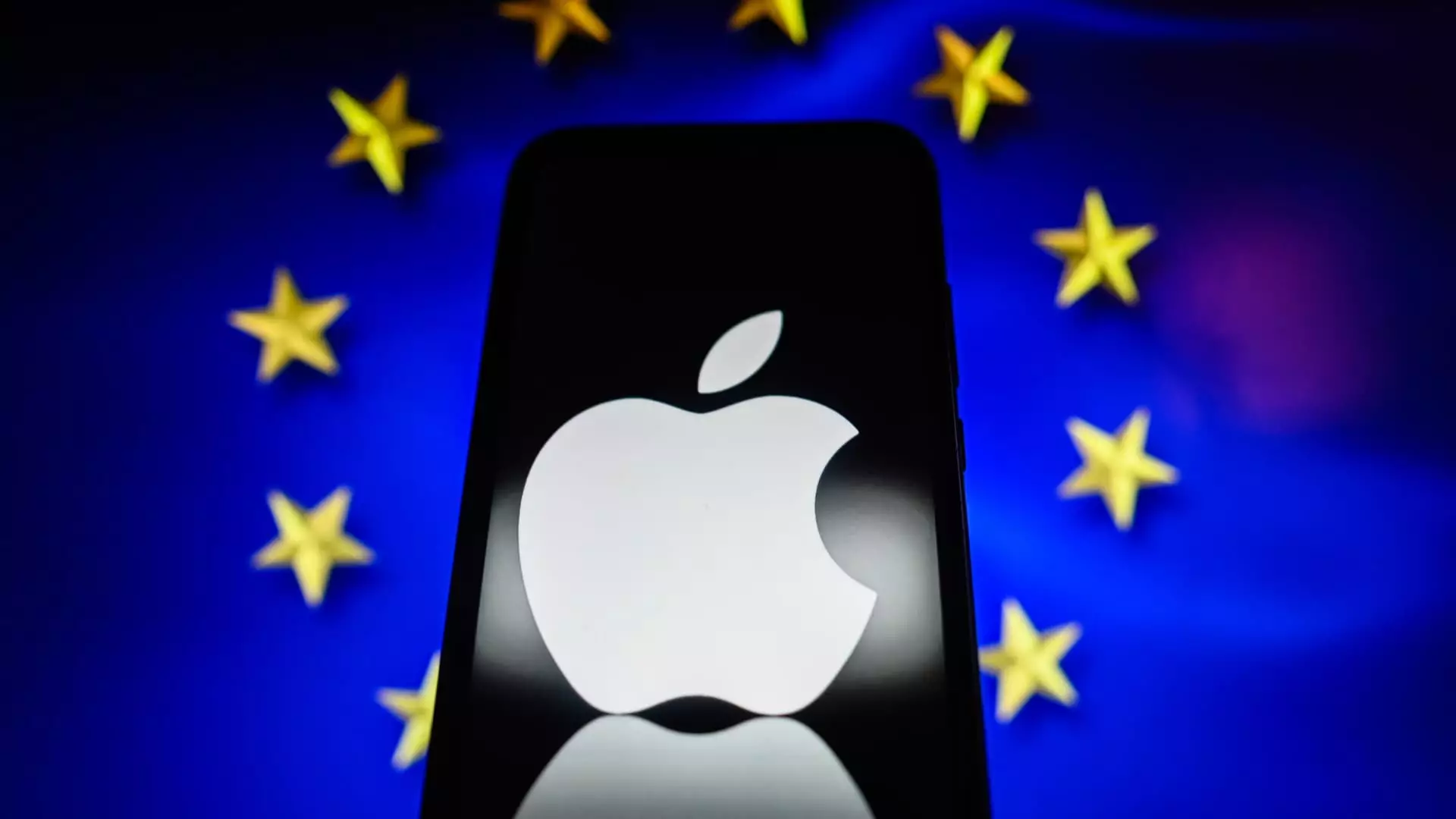European Union regulators have recently accused Apple of violating new tech rules by restricting customers of its App Store from being directed to alternative options. The European Commission, the EU’s executive arm, has launched a probe into Apple over its contractual terms with developers, as well as its compliance with the Digital Markets Act (DMA). This investigation is part of a broader initiative aimed at curbing the power of Big Tech companies in the EU.
Anti-Steering Rules and Violations
A key area of focus in the investigation is Apple’s so-called anti-steering rules, which prohibit app developers from steering consumers to cheaper options or subscriptions outside of the App Store. Regulators have found that Apple’s current practices prevent app developers from freely directing users to alternative channels for offers and content, thereby breaching the DMA guidelines. Despite Apple’s allowance of steering through external links, the commission has highlighted several restrictions that hinder developers from communicating and promoting their offerings effectively.
In addition to the anti-steering rules, the EU regulators have raised concerns about the fees that Apple charges developers for acquiring new customers through the App Store. The commission argues that these fees exceed what is necessary, potentially putting Apple in violation of the DMA. If found guilty, Apple could face fines of up to 10% of its total annual turnover, a significant penalty that highlights the seriousness of the alleged breaches.
Previous Actions Against Apple
This is not the first time Apple has come under scrutiny by EU regulators. Earlier this year, the tech giant was fined 1.8 billion euros for antitrust violations related to the distribution of music streaming apps. The issue of steering rules was also a focal point in that case, indicating a pattern of behavior that has drawn the attention of authorities in the EU.
In response to the investigation, Apple has made some adjustments to its App Store policies in the EU, such as allowing apps to be downloaded from websites and third-party stores on its devices. However, concerns remain regarding the imposition of a “core technology fee” and the process for downloading alternative app stores or apps. The commission will continue to assess Apple’s practices to determine if they align with the regulations outlined in the DMA.
The ongoing investigation into Apple’s App Store practices by the European Union underscores the regulatory challenges faced by Big Tech companies operating in the region. By scrutinizing issues such as anti-steering rules, fees, and compliance with new tech laws, the EU aims to promote fair competition and protect consumer interests in the digital marketplace. Apple’s response to these allegations and the outcome of the investigation will have far-reaching implications for the tech industry as a whole.


Leave a Reply
You must be logged in to post a comment.